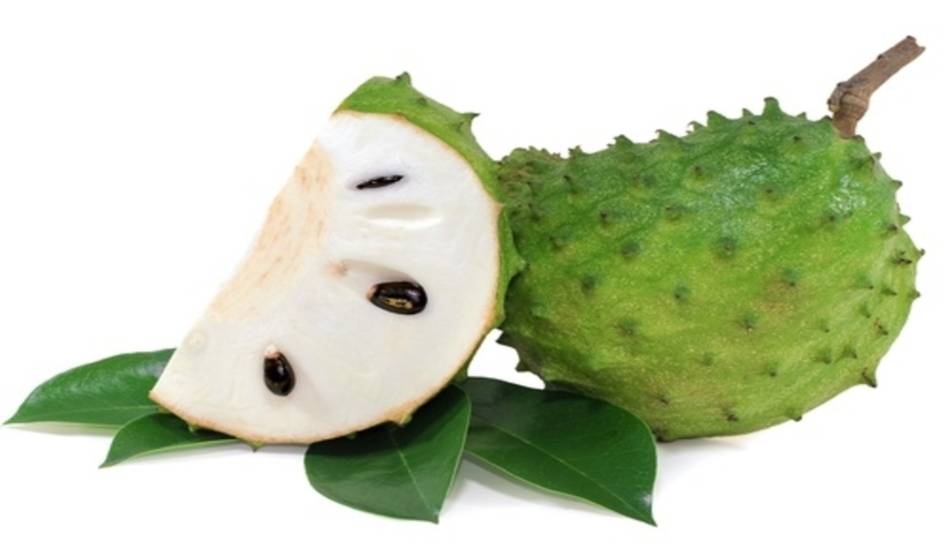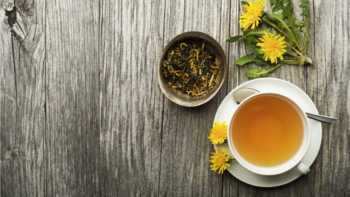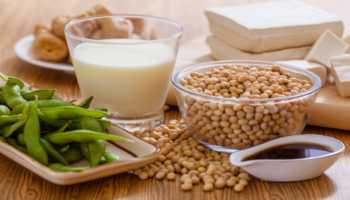
Answer:
Graviola (Annona muricata) also known as soursop, is the edible fruit of a tree native to tropical regions of Central and South America, Western Africa and Southeast Asia. Graviola supplements have been promoted to for a wide range of uses, from boosting the immune system and lowering blood sugar and blood pressure, to treating cancer. However, most of these claims are not based on human clinical studies but on laboratory and animal studies, and there are potential safety concerns.
What it is:
The main compounds in Graviola which are thought to be responsible for some of its effects are called acetogenins. Graviola also contains alkaloids and antioxidants, such as quercetin and gallic acid, as well as vitamin A, C, and E. Laboratory studies show that extracts of graviola leaf, seed, and/or pulp have antioxidant, antibacterial and antiviral properties (Coria-Tellez, Arab J Chem 2016).
Evidence for cancer:
Claims that graviola can help fight cancer are based solely on preliminary laboratory and animal studies, and two case reports in people. Laboratory studies show graviola can be toxic to living cells, including cancer cells — including prostate, colon, bladder, stomach and pancreatic cancer cells. In particular, it has received interest because it appears to be more toxic to certain cancer cells, such as human breast cancer cells, than to normal cells (George, Asian Pac J Cancer Prev 2012). Graviola extracts have been found to reduce tumor growth in animal studies, including cancerous pancreatic and breast tumors (Torres, Cancer Lett 2012; Dai, Nutr Cancer 2011), and, in some cases, was as effective, or more effective, than drugs such as paclitaxel, cisplatin and adriamycin (Ko, J Ethnopharmacol 2011; Wang, Bioorg Med Chem 2001).
Two cases have been reported in which people with cancer were taking graviola and had a stabilization or regression of the cancer (Coria-Tellez, Arab J Chem 2016). In one case, a woman with metastatic breast cancer was reported to have no progression of the disease while taking graviola (10 - 12 dry leaves boiled in water for 5 - 7 minutes) daily, along with her chemotherapy medication (Xeloda). When she stopped taking the graviola, her cancer worsened; she began taking graviola again the cancer remained stable for the next five years. In the second case, regression of stage three colon cancer was also reported in a woman who took graviola; however, her treatment included a many other supplements, so it's not possible to attribute the regression to graviola.
While these preliminary laboratory studies and case reports may seem promising, there are no published, double-blind, placebo-controlled studies on the effects of graviola in people with cancer.
(The FDA has warned sellers of graviola supplements against making claims that graviola can treat can cancer or other conditions, such as diabetes — see the Warnings here and here).
Other uses:
Claims that graviola can boost the immune system appear to be based only on laboratory studies demonstrating antibacterial and antiviral effects. Some animal studies also suggest graviola may have anti-inflammatory and anti-anxiety effects, and may lower blood pressure.
One randomized, double-blind study in adults with type 2 diabetes found that taking graviola extract (180 mg, 360 mg, or 540 mg) for 30 days in addition to the anti-diabetes medication glibenclamide lowered blood sugar more than taking the medication alone; however, it's unclear whether the difference was significant (Coria-Tellez, Arab J Chem 2016).
Side effects and safety:
Graviola has not been evaluated for safety in long-term clinical study. However, in the diabetes study above, heartburn and nausea were associated with the use of graviola.
Due to its potential to lower blood pressure and blood sugar, graviola should not be taken by people who take medications to lower blood pressure or blood sugar. Some supplement labels also warn that graviola should not be taken by people who take MAO inhibitor drugs.
There is concern that certain acetogenin compounds found in graviola may have toxic effects on the brain and nervous system (Ven, Tox Lett 2011). In countries where graviola fruit is commonly consumed, consuming graviola has been associated with parkinsonism-related disorders, which can include tremors and hallucinations (Lannuzel, Brain 2007).
Dosage and how graviola is typically sold:
Graviola is typically sold as a powder of the leaf, stem or pulp, or as an extract, in liquid, capsules and/or tablets. Whole powders generally provide 1000 mg to 2000 mg per recommended daily serving. Liquid graviola extracts of the leaf and stem typically contain between 35% and 60% graviola.
The bottom line:
There are no published studies demonstrating that graviola supplements help prevent or treat cancer, nor that they are safe. In addition, there are concerns that compounds found in graviola may be toxic to the brain and nervous system. People taking medications to lower blood pressure or blood sugar, or taking MAO inhibitors should not take graviola.
Join today to unlock all member benefits including full access to all CL Answers and over 1,400 reviews.
Join NowAlready a member? Sign In Here.
Join now at www.consumerlab.com/join/














Submit your comment
This feature is restricted to active members.
Join now to add comments and get all member benefits, including over 1,400 reviews.
Join NowAlready a member? Sign in here.